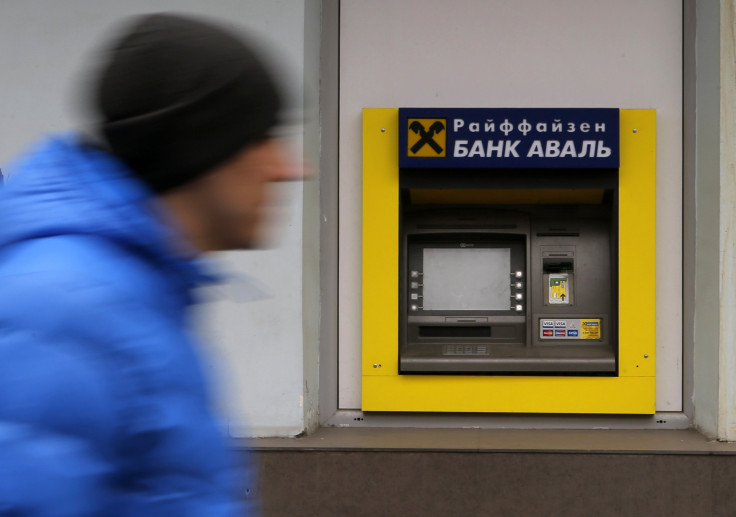Putin Presents Bill To Include Crimea In Gambling Zone While Bank Of Russia Restricts Operations Of Ukrainian Banks In Crimea

Russian President Vladimir Putin presented a bill to the State Duma, parliament's lower house, to declare the Republic of Crimea as the fifth state to permit gambling in the country.
While Russia wants the casinos to be located in a single gambling zone, the bill states that local authorities will set the borders of such a zone within the country. In 2009, Russia had banned the setting up of casinos outside four designated zones, which are now in the Altai and Maritime territories, in the Kaliningrad region, and at the border between the Krasnodar territory and the Rostov region.
Only the Kaliningrad region gambling zone has been successful and the government now plans to expand it by another 100 acres, according to Russian news agency ITAR-Tass. And, though Russia's leaders weren't supportive of organizing a gambling zone in the resort town of Sochi, which recently hosted the winter Olympics, the idea to organize one in Crimea was reportedly welcomed by federal authorities. In 2009, the Russian gambling industry generated an estimated $5.5 billion in annual revenue, with tax payments amounting to $480 million, Tass reported.
Meanwhile, the Bank of Russia said in a statement that it has blocked four Ukrainian banks from operating in Crimea, stating that they have failed to meet their obligations to creditors and depositors, the UK-based newspaper Financial Times reported.
The four banks -- Privatbank, Vseukrainsky Aktsionerny Bank, Bank Kyivska Rus and Imexbank -- won't be able to conduct any business other than asset transfers. Moscow, which is seeking to complete the transfer of Crimea into a Russian territory, also wants to change the local currency from hryvnia to rubles, the report said.
More than 20 Ukrainian banks were operating in Crimea before its annexation by Russia, with close to a thousand branches in the region. Most of the banks have since pulled out of the region voluntarily and have stopped allowing withdrawals, leaving many locals with little access to banking services. Russia tried to address the issue before complaining of an unresponsive regulatory authority in the Ukraine, FT reported.
© Copyright IBTimes 2024. All rights reserved.












